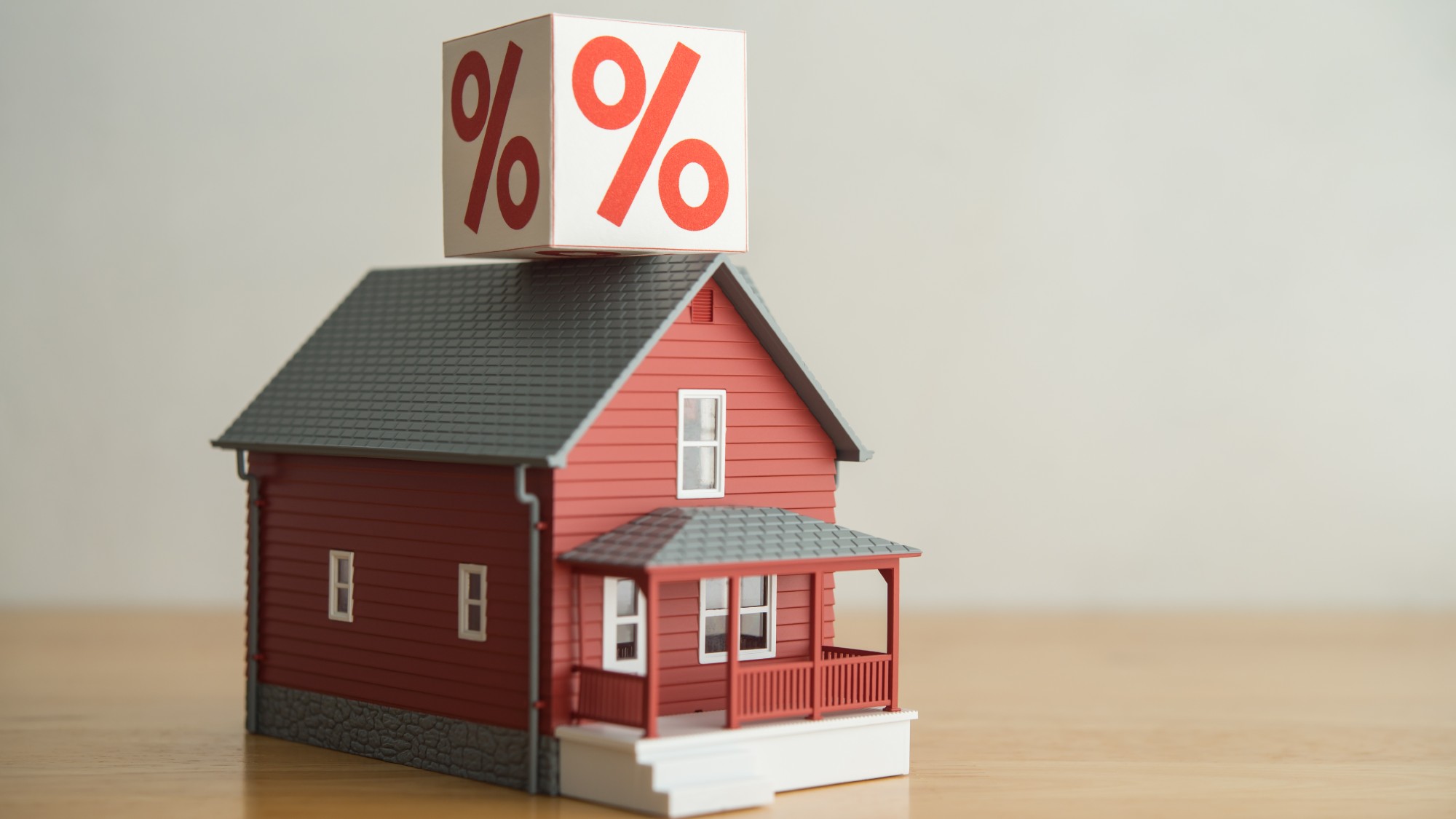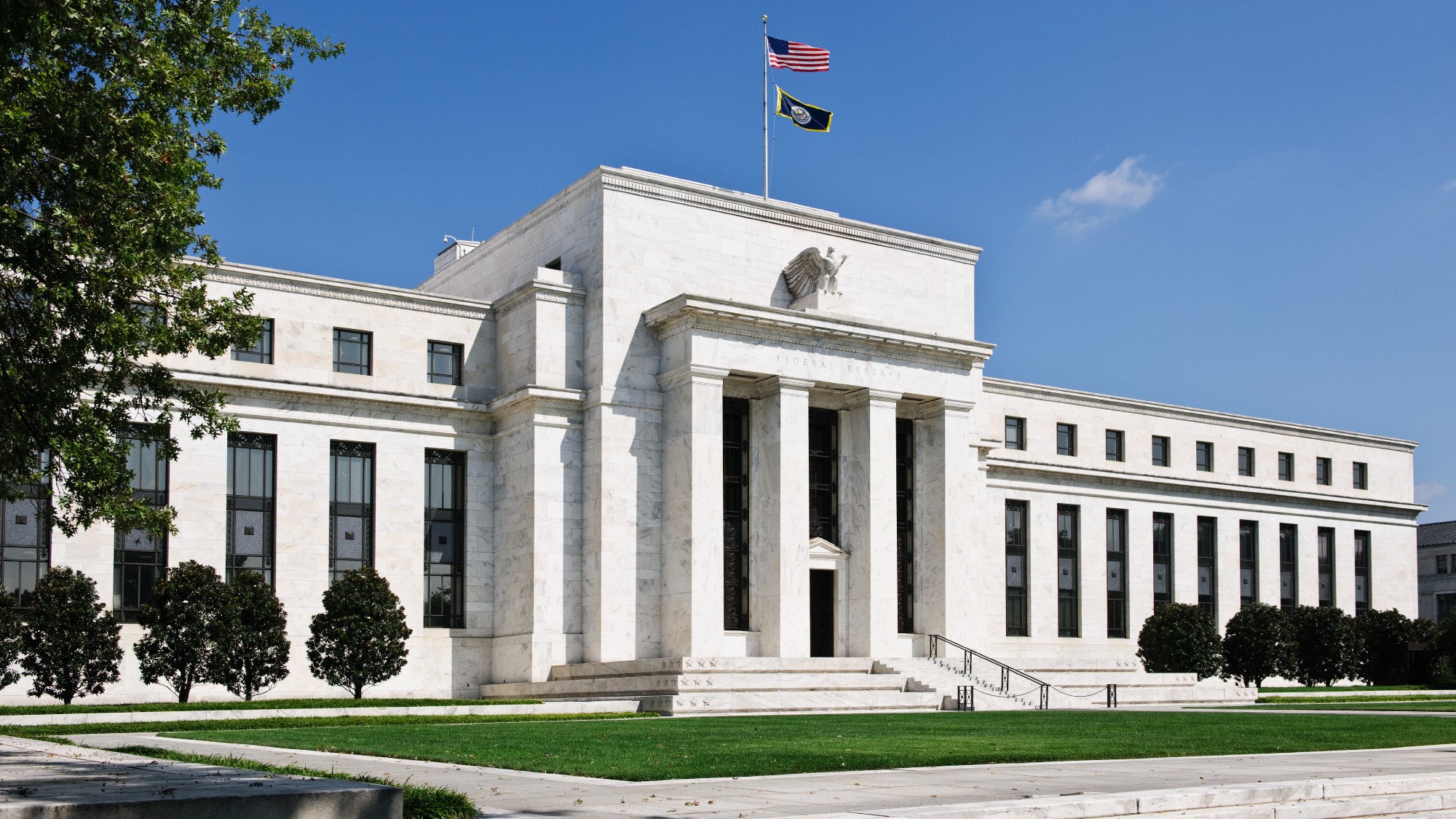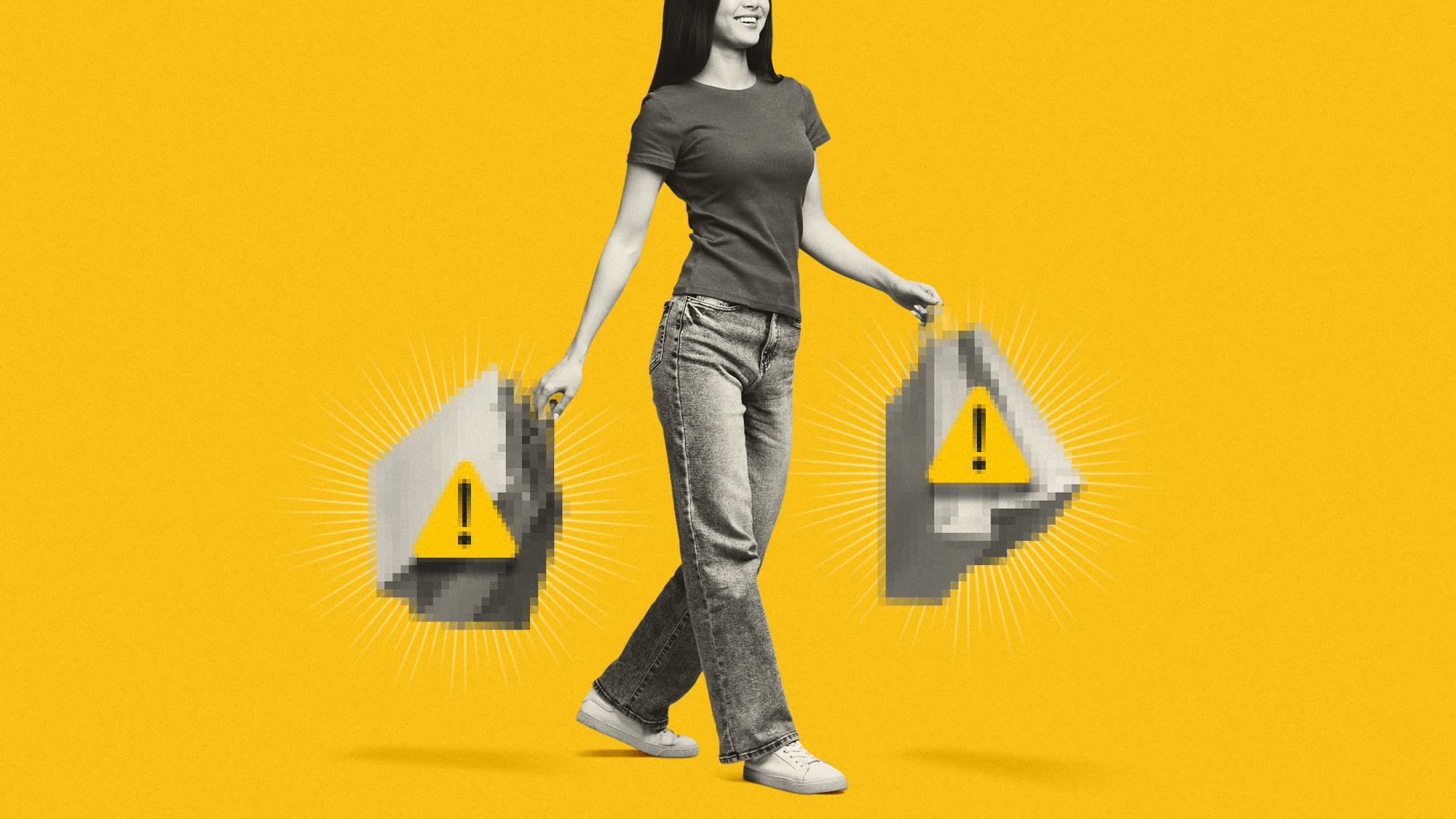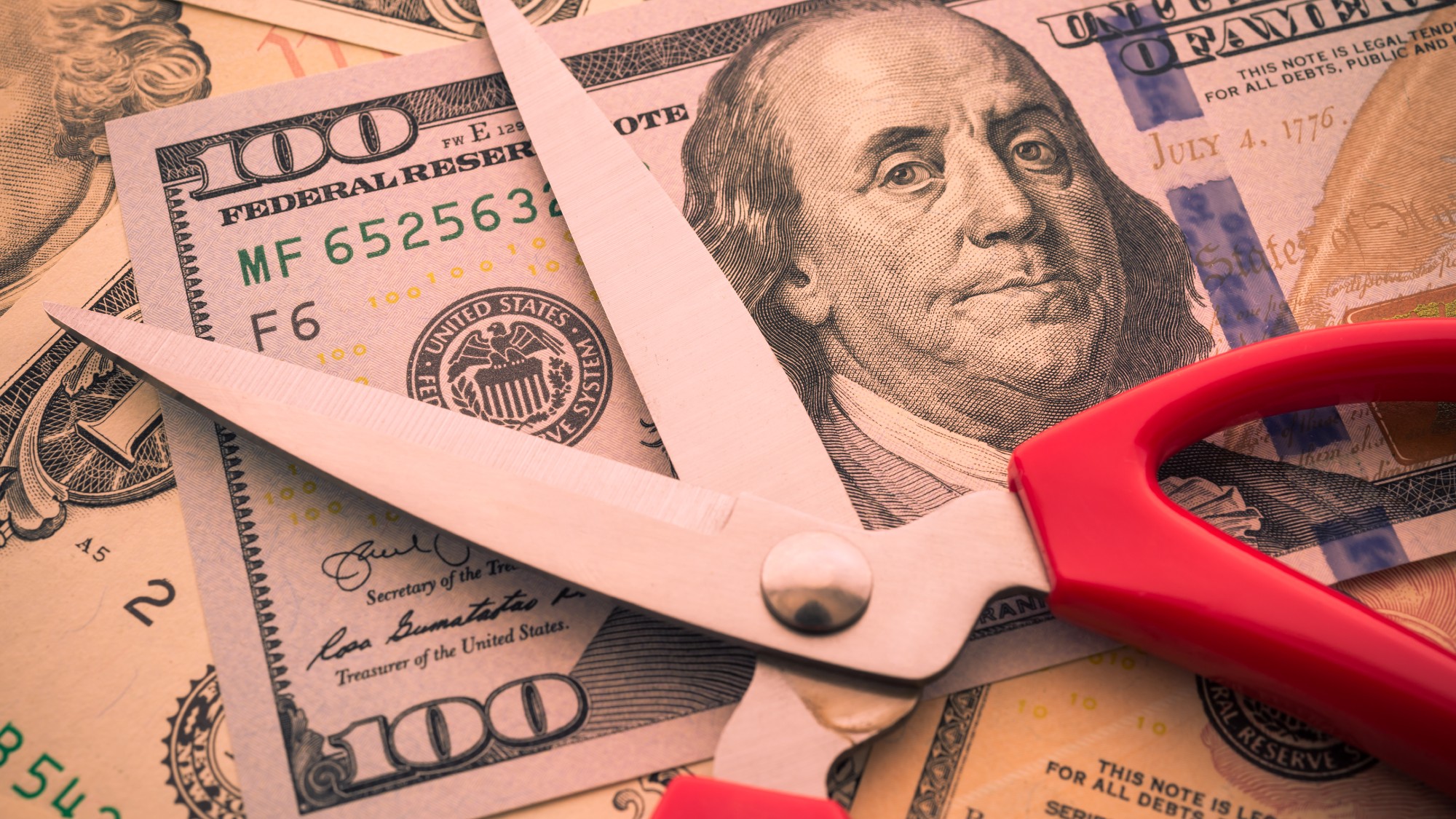The U.S. economy is shifting toward disinflation. Here's why that's 'most welcome.'


A free daily email with the biggest news stories of the day – and the best features from TheWeek.com
You are now subscribed
Your newsletter sign-up was successful
When Federal Reserve chair Jerome Powell announced a relatively small 25-basis-point hike in benchmark U.S. interest rates last week, he really talked up the idea of disinflation.
Inflation is still much higher than the Fed's 2 percent target — it was 6.5 percent year-over-year in December, from a peak of 9.1 percent in June — but it is dropping, and that disinflation is "most welcome," Powell said. In all, Reuters reports, he used the word disinflation 15 times in his 45-minute news conference on Wednesday.
"That disinflationary process that you now see underway is really at an early stage," Powell said. "You see inflation now coming down because supply chains have been fixed, demand is shifting back to services, and shortages have been abated." He added that odds are up for a soft landing, and "it is a good thing that the disinflation that we have seen so far has not come at the expense of a weaker labor market."
The Week
Escape your echo chamber. Get the facts behind the news, plus analysis from multiple perspectives.

Sign up for The Week's Free Newsletters
From our morning news briefing to a weekly Good News Newsletter, get the best of The Week delivered directly to your inbox.
From our morning news briefing to a weekly Good News Newsletter, get the best of The Week delivered directly to your inbox.
Disinflation, or a drop in the rate of inflation, is generally good for consumers and, ultimately, the economy, especially when inflation is high. It is different than deflation, or a decline in overall prices, which is considered problematic for the economy. "Falling prices tend to sap economic strength, as households for instance put off purchases knowing they could get a better deal if they wait, which eats at spending and can in turn deepen price declines further," Reuters reports. Consumer spending makes up more than 70 percent of U.S. GDP.
The Federal Reserve has helped drive disinflation by raising interest rates, and thus the cost of borrowing, curbing spending. But it isn't doing this alone. Grocery chains and other large retailers are leaning on suppliers to cut wholesale prices, trying to slow or stop raising retail prices as shipping and material costs fall — and price-sensitive customers start shopping at discount stores, The Washington Post reports.
"During periods of slowing inflation, prices of commodity-linked items such as meat, produce, and dairy have historically decreased, while packaged foods haven't tended to change much," The Wall Street Journal reports, citing supermarket operators said. Large retailers typically have enough leverage to force pricing concessions from food packagers, too. "For now, shoppers who have paid for pricier goods — from kitchen appliances to laundry detergent to grocery staples — are unlikely to get much relief," the Post reports. "Rather, the best-case scenario is that inflation will not get any worse."
A free daily email with the biggest news stories of the day – and the best features from TheWeek.com
Peter has worked as a news and culture writer and editor at The Week since the site's launch in 2008. He covers politics, world affairs, religion and cultural currents. His journalism career began as a copy editor at a financial newswire and has included editorial positions at The New York Times Magazine, Facts on File, and Oregon State University.
-
 ‘Those rights don’t exist to protect criminals’
‘Those rights don’t exist to protect criminals’Instant Opinion Opinion, comment and editorials of the day
-
 Key Bangladesh election returns old guard to power
Key Bangladesh election returns old guard to powerSpeed Read The Bangladesh Nationalist Party claimed a decisive victory
-
 Judge blocks Hegseth from punishing Kelly over video
Judge blocks Hegseth from punishing Kelly over videoSpeed Read Defense Secretary Pete Hegseth pushed for the senator to be demoted over a video in which he reminds military officials they should refuse illegal orders
-
 How your household budget could look in 2026
How your household budget could look in 2026The Explainer The government is trying to balance the nation’s books but energy bills and the cost of food could impact your finances
-
 How will Fed rate cuts affect the housing market?
How will Fed rate cuts affect the housing market?the explainer An anticipated series of Federal Reserve cuts could impact mortgage rates
-
 What is the Federal Reserve and what does it do?
What is the Federal Reserve and what does it do?The explainer The decisions made by the United States' central banking system have very real economic effects
-
 With economic uncertainty, 2025 looks to be a 'No Buy' year
With economic uncertainty, 2025 looks to be a 'No Buy' yearIn the spotlight Consumers are cutting back on splurges to combat overconsumption
-
 What is the CFPB and how does it protect consumers?
What is the CFPB and how does it protect consumers?the explainer The Consumer Financial Protection Bureau has had its work stymied by the Trump administration
-
 3 tips to lower your household bills
3 tips to lower your household billsThe Explainer Prices on everything from eggs to auto insurance to rent have increased — but there are ways to make your bills more manageable
-
 Should you lease your next car?
Should you lease your next car?The explainer To buy or to lease, that is the question
-
 Where should you stash your savings after the Fed rate cut?
Where should you stash your savings after the Fed rate cut?The Explainer You will not be earning as much on savings rates, so you may want to make some changes
